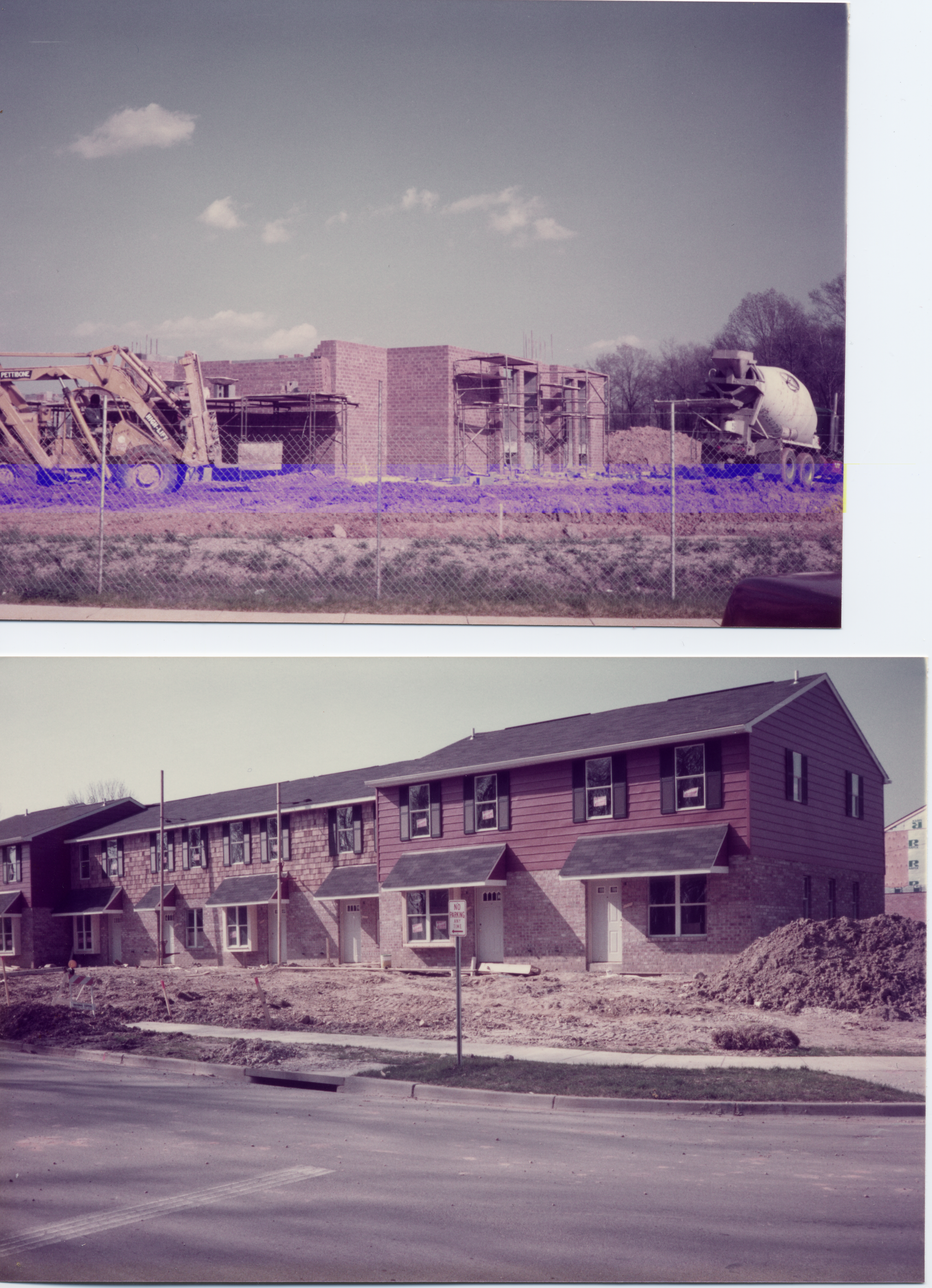
Consturction
Berkley Apartments and Townhomes

Berkley Apartments and Townhomes
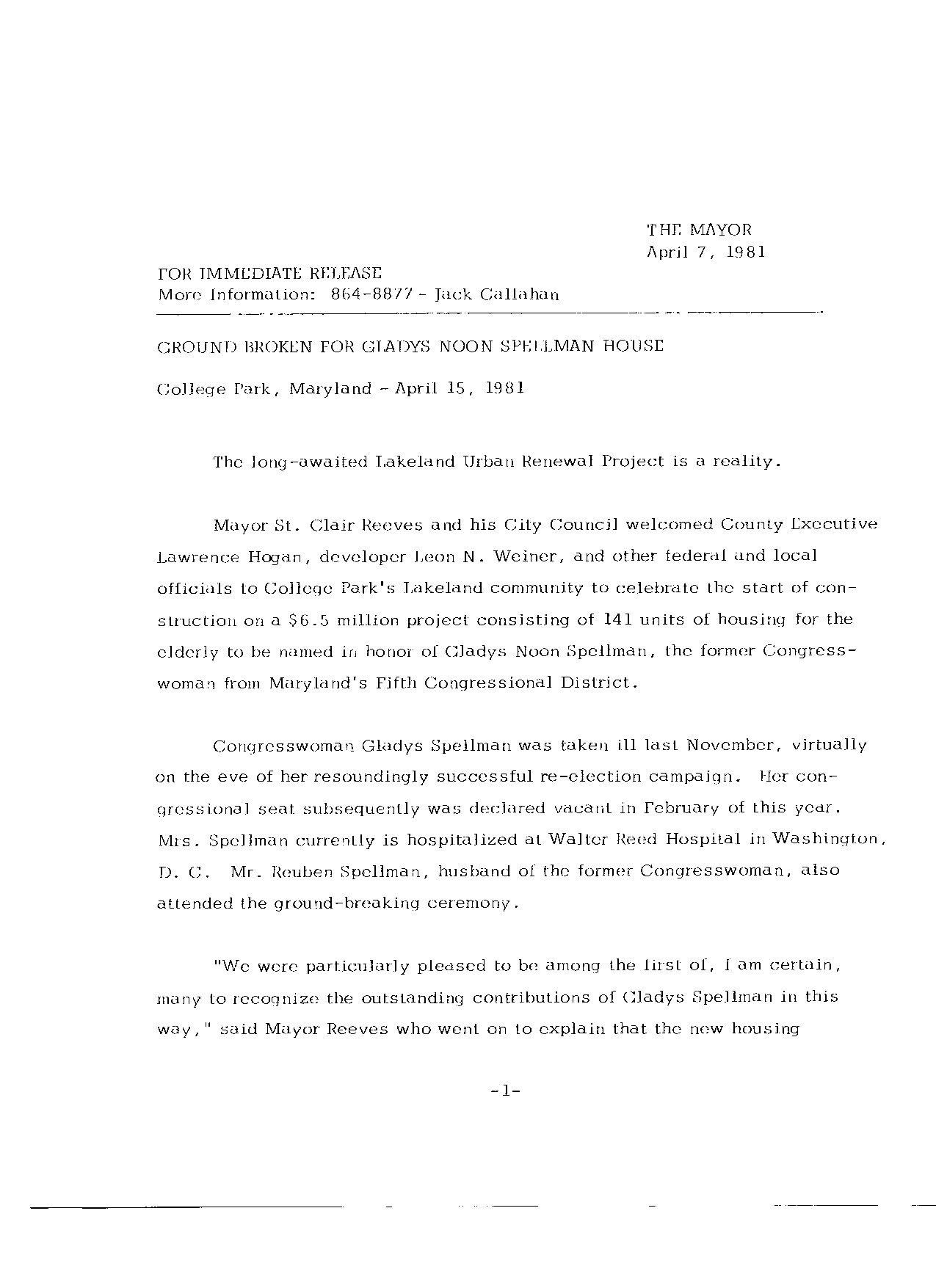
Gives City's review of urban renewal project history. This was the start of major urban renewal project redevelopment. April 7, 1981

Published by Leon Weiner and Associates

Black Explosion January 26 1977 Page 3 Anthony A. Harris On January 17 Lakeland’s Project Area Committee met. They discussed options related to their opposition to the plan presented by developer Leon Weiner. They presented four concepts s to the city council. 1. To convene the developer to consider the wishes of the community. 2. Have individuals send any complaints they have directly to HUD. 3. To draw up a specific list of the elements they would like rot add to the plan. 4. To dissolve PAC as it has no use. Community members oppose the plan proposed by Weiner as it contains few single family homes. Instead it has mid and high-raise apartment buildings. Rather than recommending Weiner for the work. PAC members endorsed a community based development group, Lakeland Joint Venture who would have returned 10 to 15 percent of their profits to the community to build a community center. A photo by Alex Thompson showing the urban renewal office trailer is also on the page.

Diamondback article

The Sentinel Prince George's Drawing above article show a well dressed. Black family, man woman and young boy on a building site with home debris and a hole. Behind them is a bulldozer with a seated operator and smoke coming from it's stack. To one side is a high rise building and a sign reading "Lakeland Urban Renewal Area, High-Rise Living for University Faculty and Senior Citizens". The boy is tugging at the man' sleeve. The headline reads "Is this where you used to live, daddy?" During a meeting in 1973 College Park officials announced HUD funding of the Lakeland Urban Renewal project. That evening was a celebration which included residents of the neglected all Black community. Lakeland residents, many of whom had been relocated from their homes which had been torn down were displeased with the proposal. They saw nothing for them. Another meeting two weeks ago was not a happy event. At that developer, Leon Weiner shared his plan for the community. The information was greeted with protests from residents. Rather than a development of single family homes favored by the community Weiner's plan features six single family homes, a high rise for University of Maryland faculty members and another for senior citizens along with some townhomes and finally some low income housing units. One whole area of the community would remain vacant. Residents noted that the plan was set without input from them. They even questioned the selection of Weiner for the project. Early in the project it was clear urban renewal was too big an endeavor for a small city. By that point it was too late to halt the project. Costs snowballed. The original price tag was $1.3 million that grew to $2.9 million and now rests at 10 million. Things went down hill for the community too. In 1968 the city's urban renewal director assured the them of "retaining the community's sprit and identity" "This is a project of urban renewal, not Negro removal." In 1970 the city administrator assured a reporter "No one (in Lakeland) will be displaced." The current urban renewal director reported 67 families had already been moved out and 44 more will be leaving. There is a history of broken promises. Lakeland was not a slum. There were some substandard homes, and poor and unpaved roads. The fault of the city. Lakeland was a vital community with a history. It would be forever torn apart by Weiner's plan. If that night of promise in 1973 was the city's finest hour the finalization of the Weiner's plan in two weeks will be College Park's worst.

Ad proof from Prince Georges Journal newspaper for Berkley Townhomes

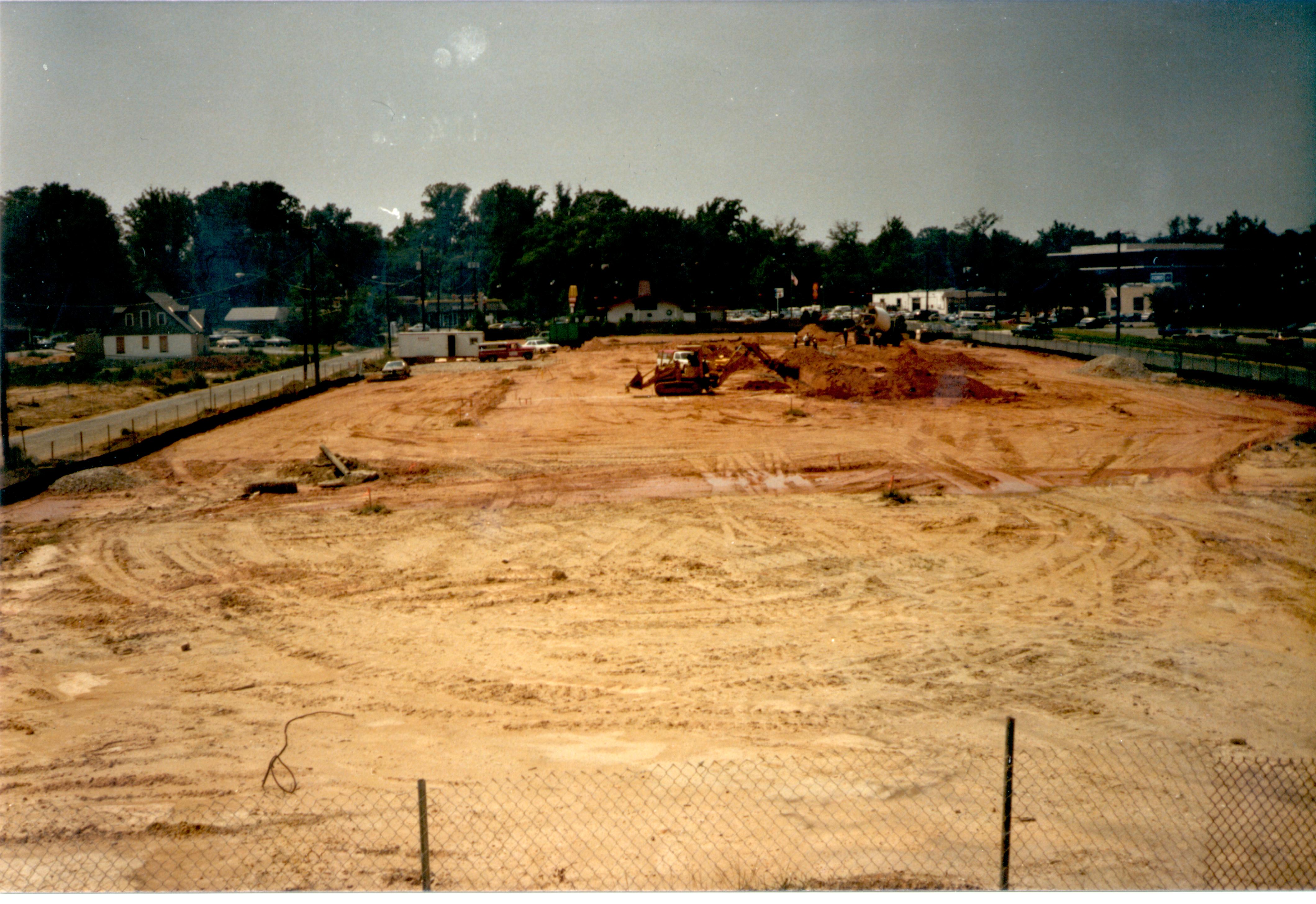
Site of Spellman House

Land prepared for construction of townhomes
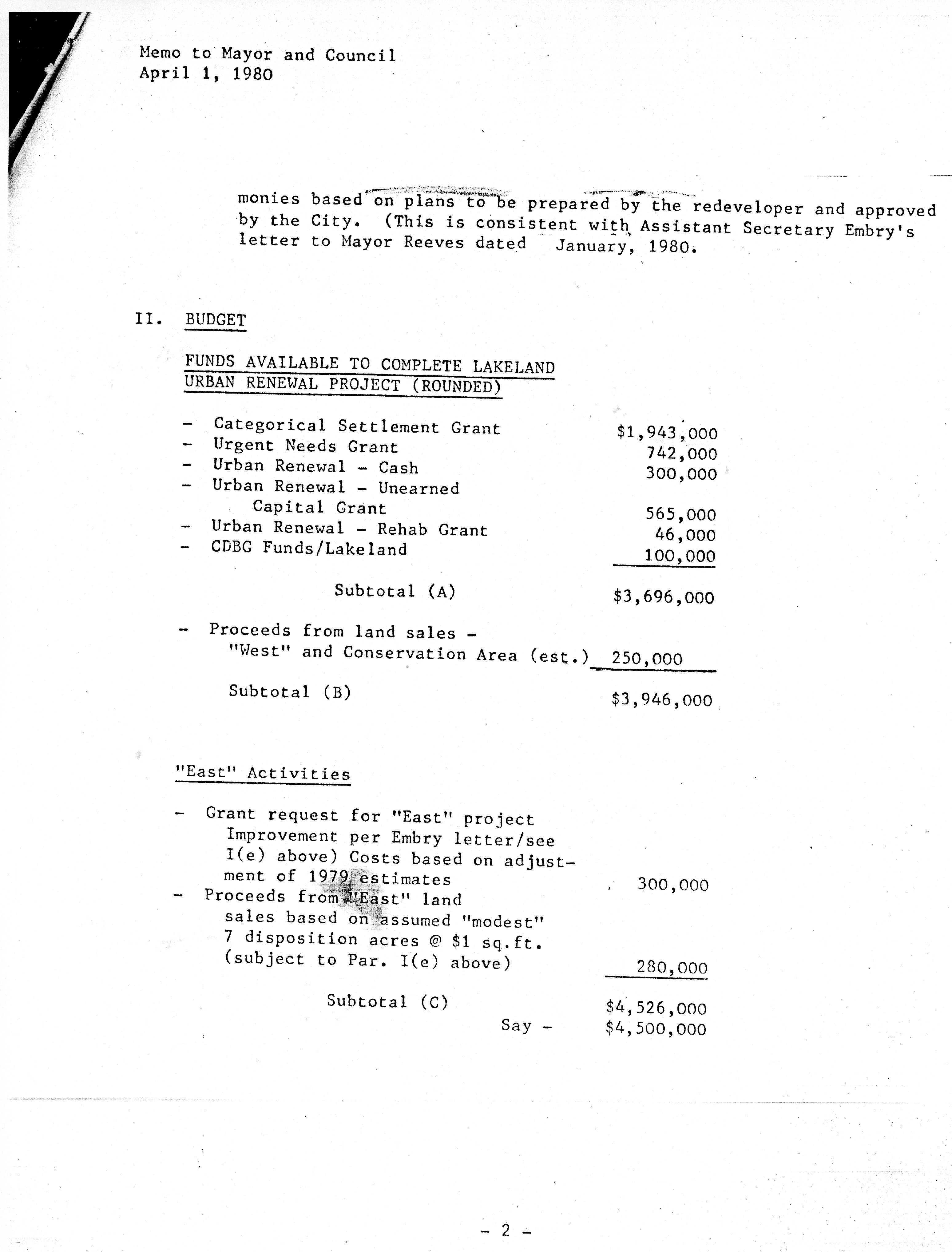
Dated September 9, 1979 advising developer decision to change locations of apartment buildings
Multi page PDF Washington Post by Sharon Conway
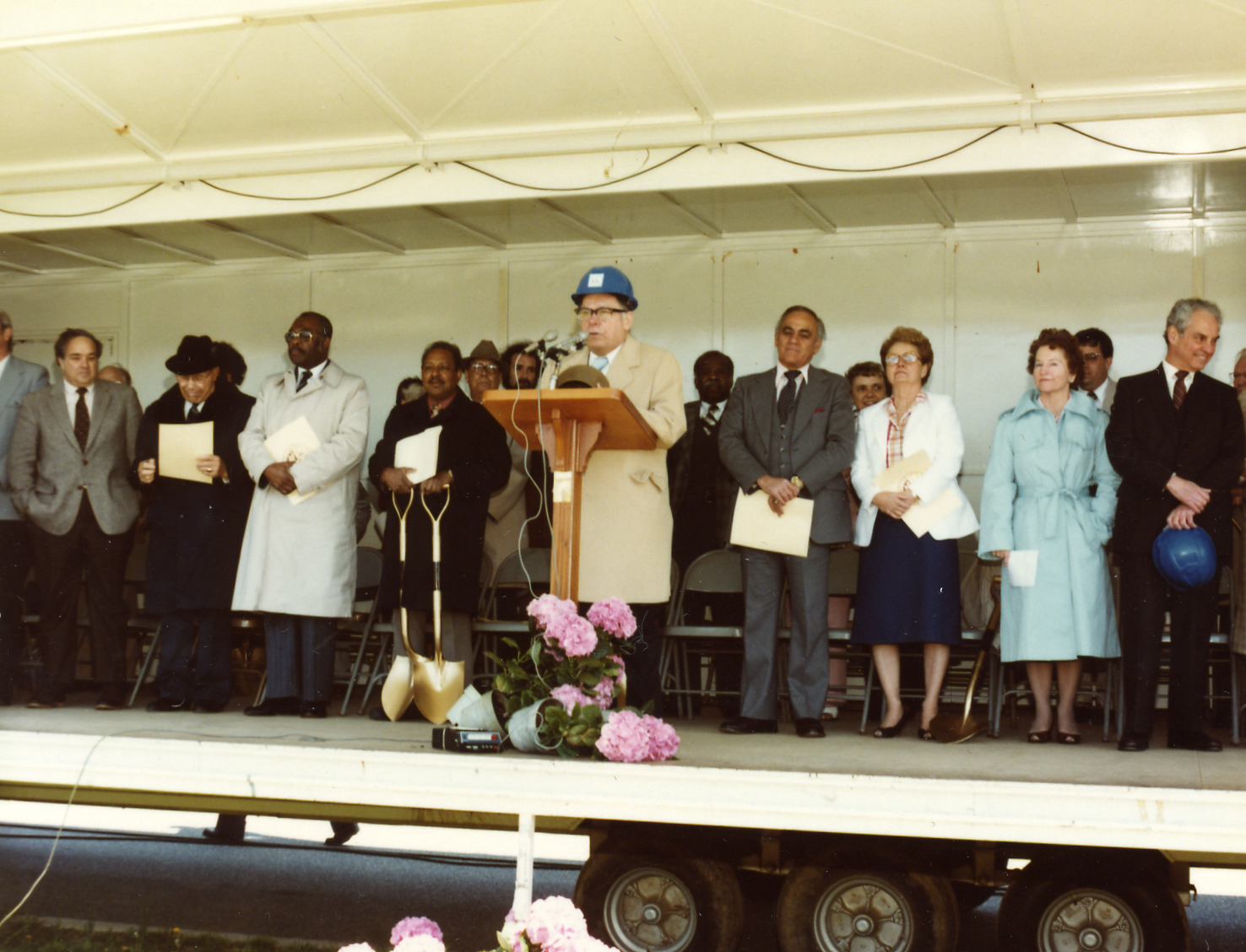
Groundbreaking for Spellman House

Showing locations for change in building location
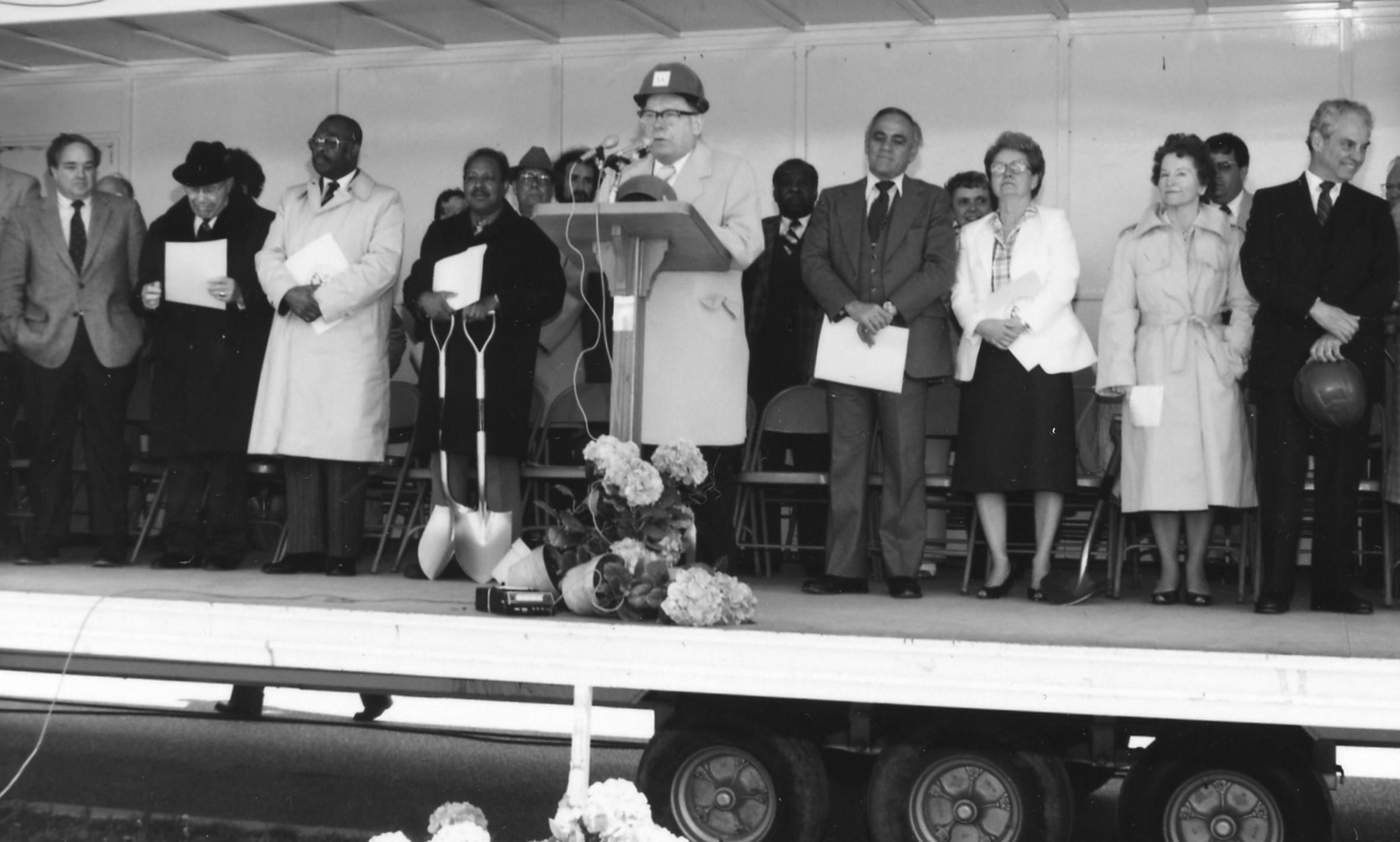
Dignitaries assembled for groundbreaking of Spellman House Apartments
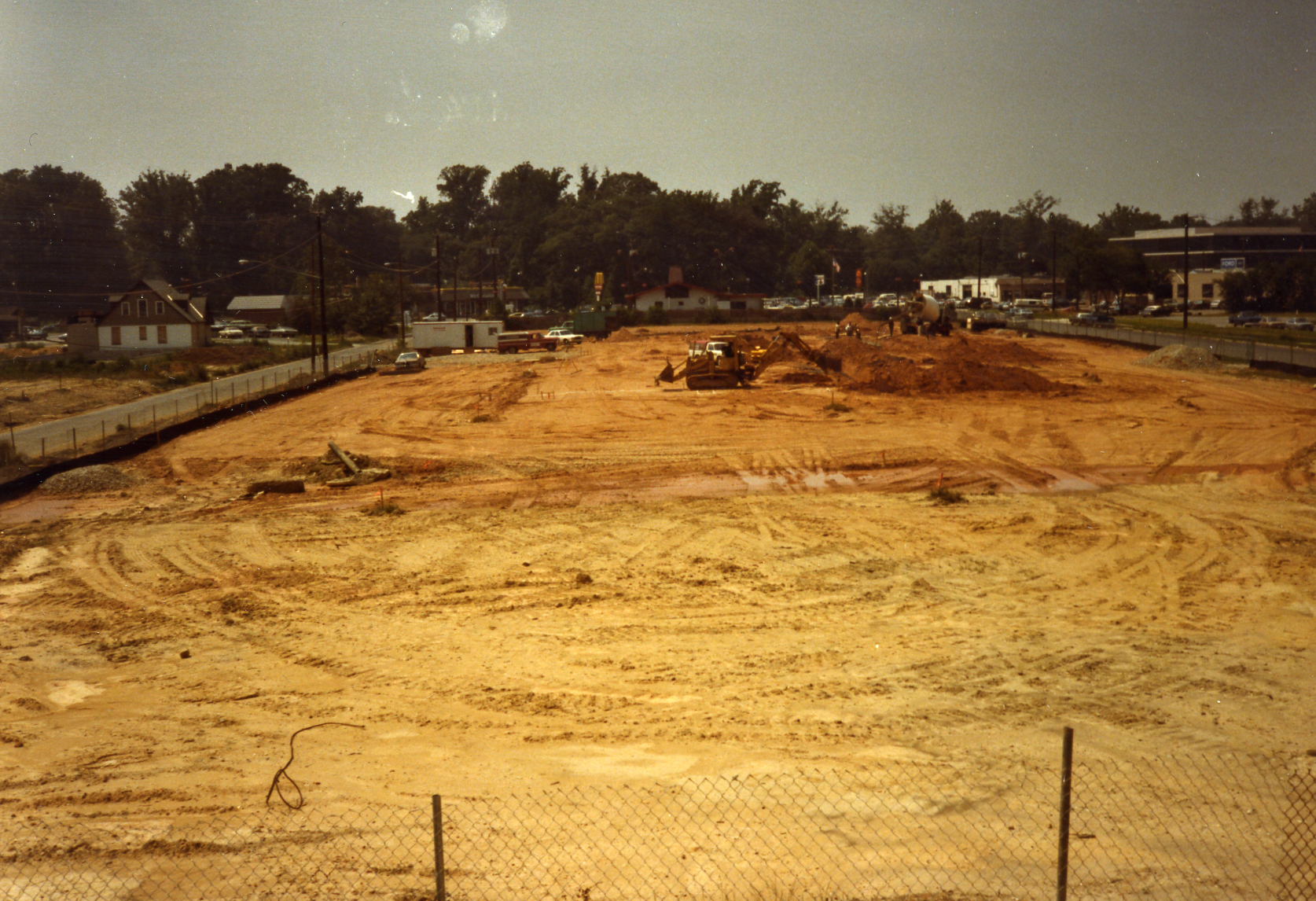
Expanse of Western Lakeland cleared for redevelopment


Groundbreaking Spellman House
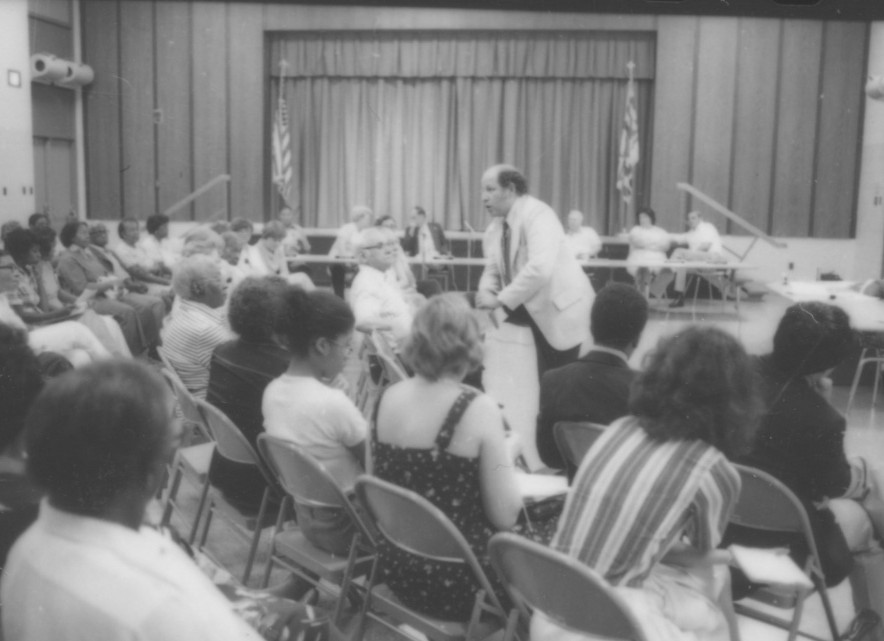
From a series taken during an urban renewal public meeting at Paint Branch Elementary School in Lakeland
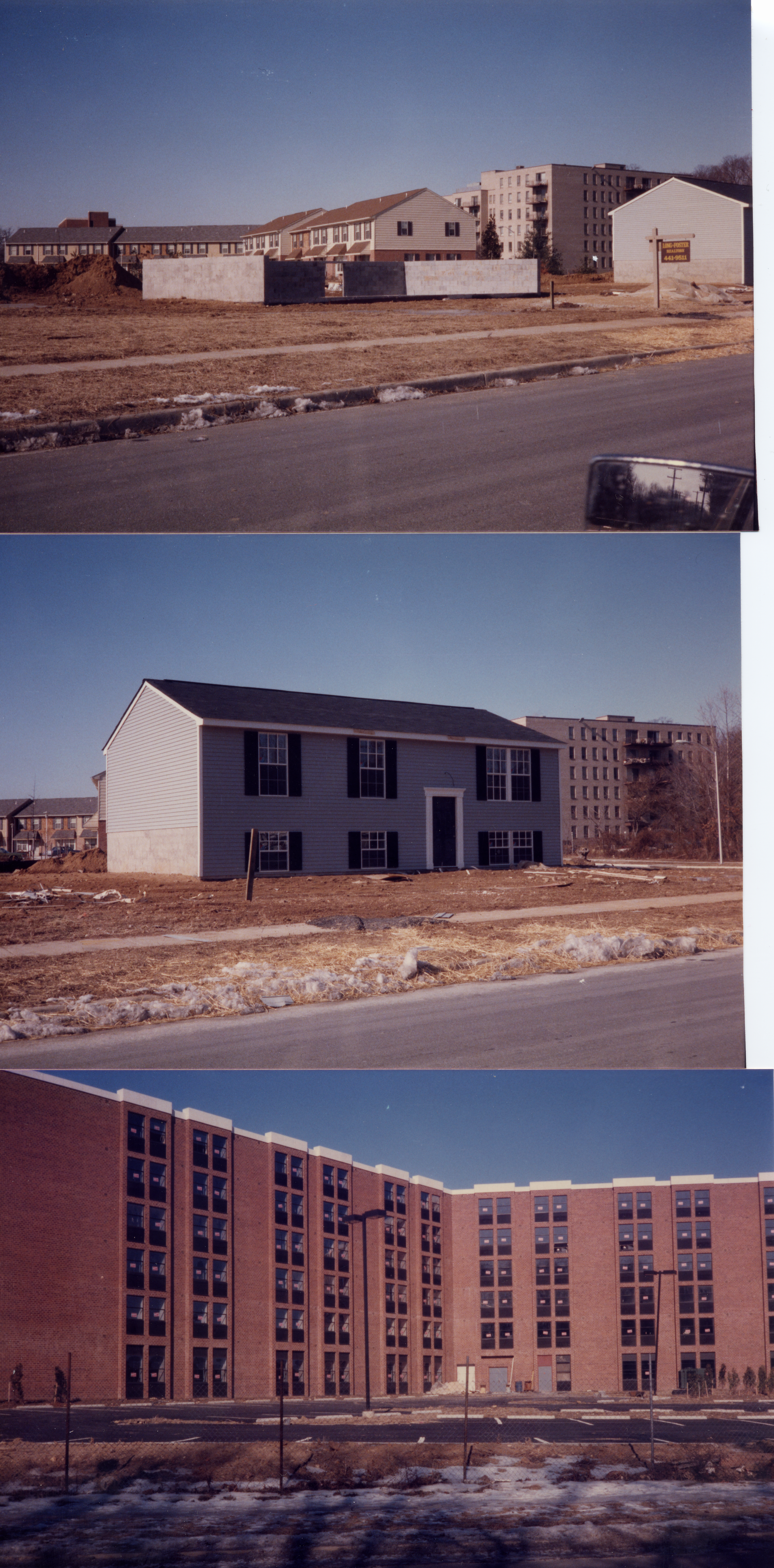
Three images of urban renewal redevelopment projects top in foreground are two of the 5 single family homes built during the urban renewal project. These are on Rhode Island Avenue. On the foreground is Alden/Berkley Townhomes. Image below is a closeup view of one of the 5 single family homes. Final image shows a new apartment building
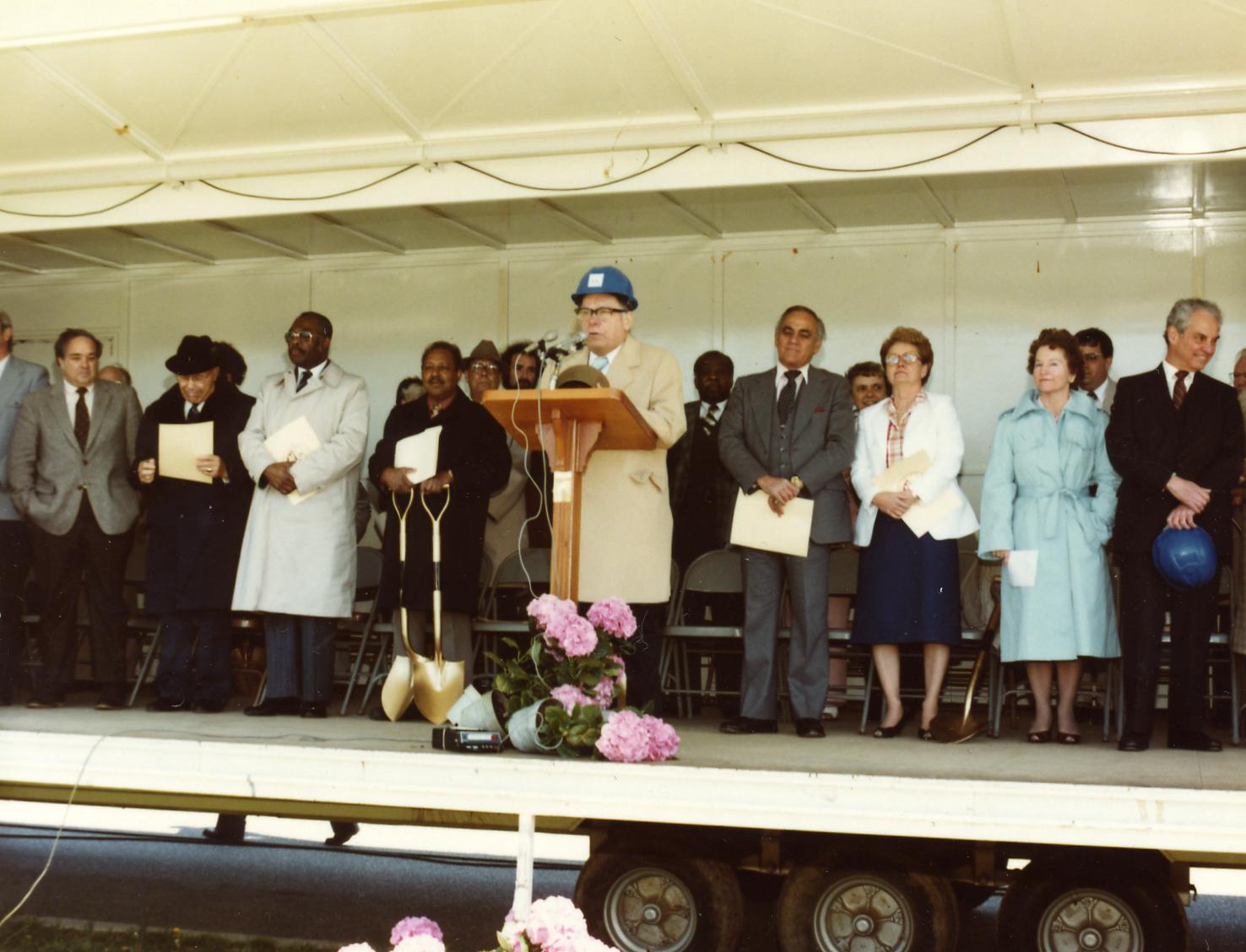
Dignitaries at groundbreaking for Spellman House Apartments, first redevelopment project of urban renewal


Dignitaries at groundbreaking for Spellman House


Black Explosion September 11, 1977 Page 8 Michele Chandler According to Leonard Smith, chairman of the project area committee (PAC their efforts to change development plans for the Lakeland community are useless. The project was built in 1974 for the low income residents. It was intended to replace poor housing in the neighborhood. Do to years of delays and cost increase developers were invited to give the city lower cost options. At a public hearing in August developer, Leon Weiner presented his plan which included two 150 unit apartment buildings one for senior citizens and another for University faculty, staff and perhaps students. 26 townhomes, 40 apartments for low to moderate income households and 6 single family homes. The mayor asked that city staff and the citizens group look at other options for the project. Weiner met with PAC two weeks after the hearing and said he would consider the input. Mr. Smith called the work "wasted effort" and said "with seven white council members and only one black, we have no bargaining power." Residents are firmly against the building of the apartment for members of the University community. They want single family homes. The group agreed to the building of the senior citizens units if they were set away from Baltimore Avenue to promote the safety of its residents. They also asked that the building be reduced in size such that it would only accommodate members of the College Park community. The citizens also asked that the number of public housing units be 24 not 26 and that they be spread throughout the community rather than placed in one area. Another request was that Lakeland Road, Navahoe Street and Berwyn House Roads not be closed. Mr. Smith also decried the lack of provision for neighborhood commercial space to allow the continuation of small stores. PAC member Mary Braxton polled former residents and most reported they left the community due to "inadequate housing".

by Mark Hass
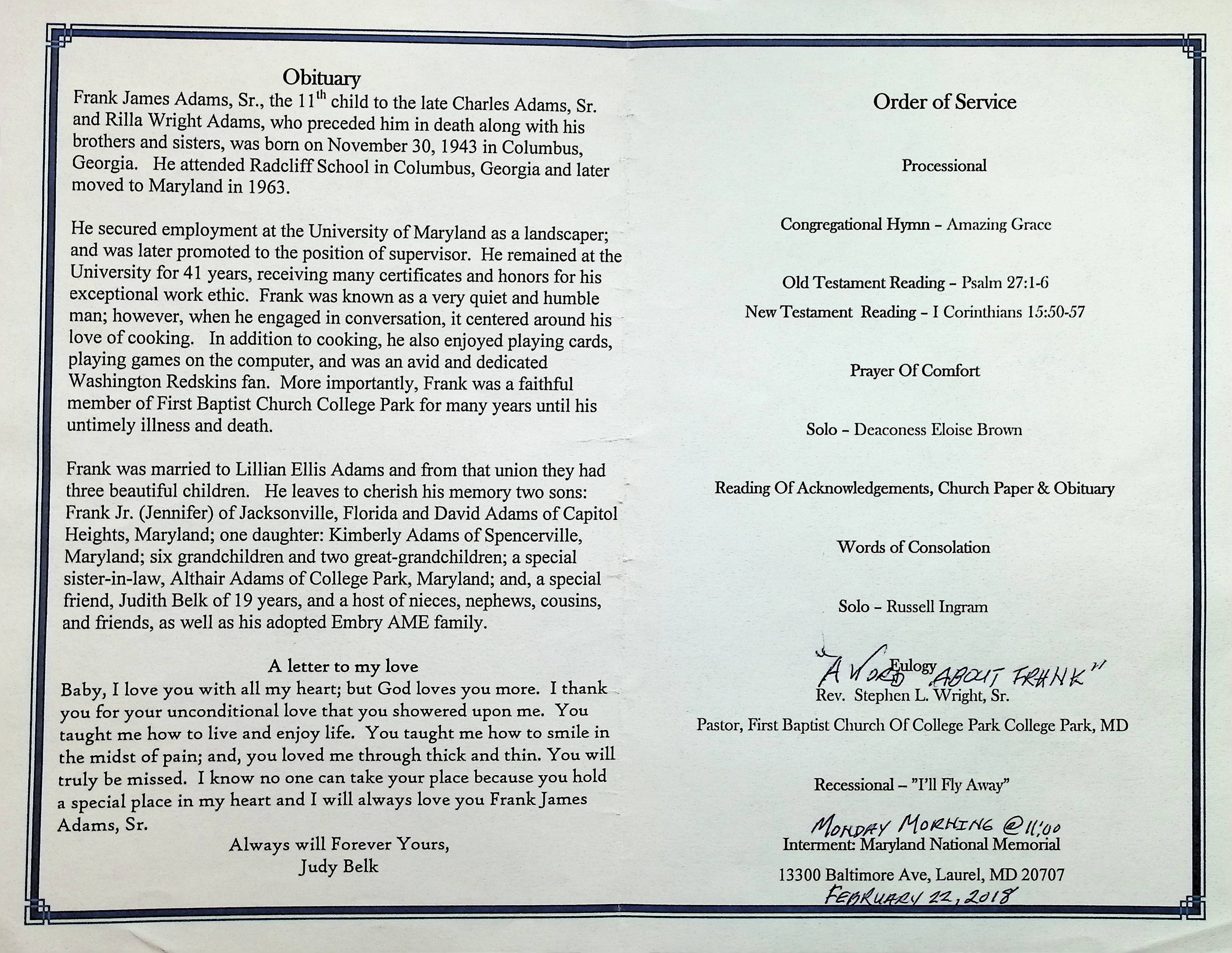
Stage with dignitaries
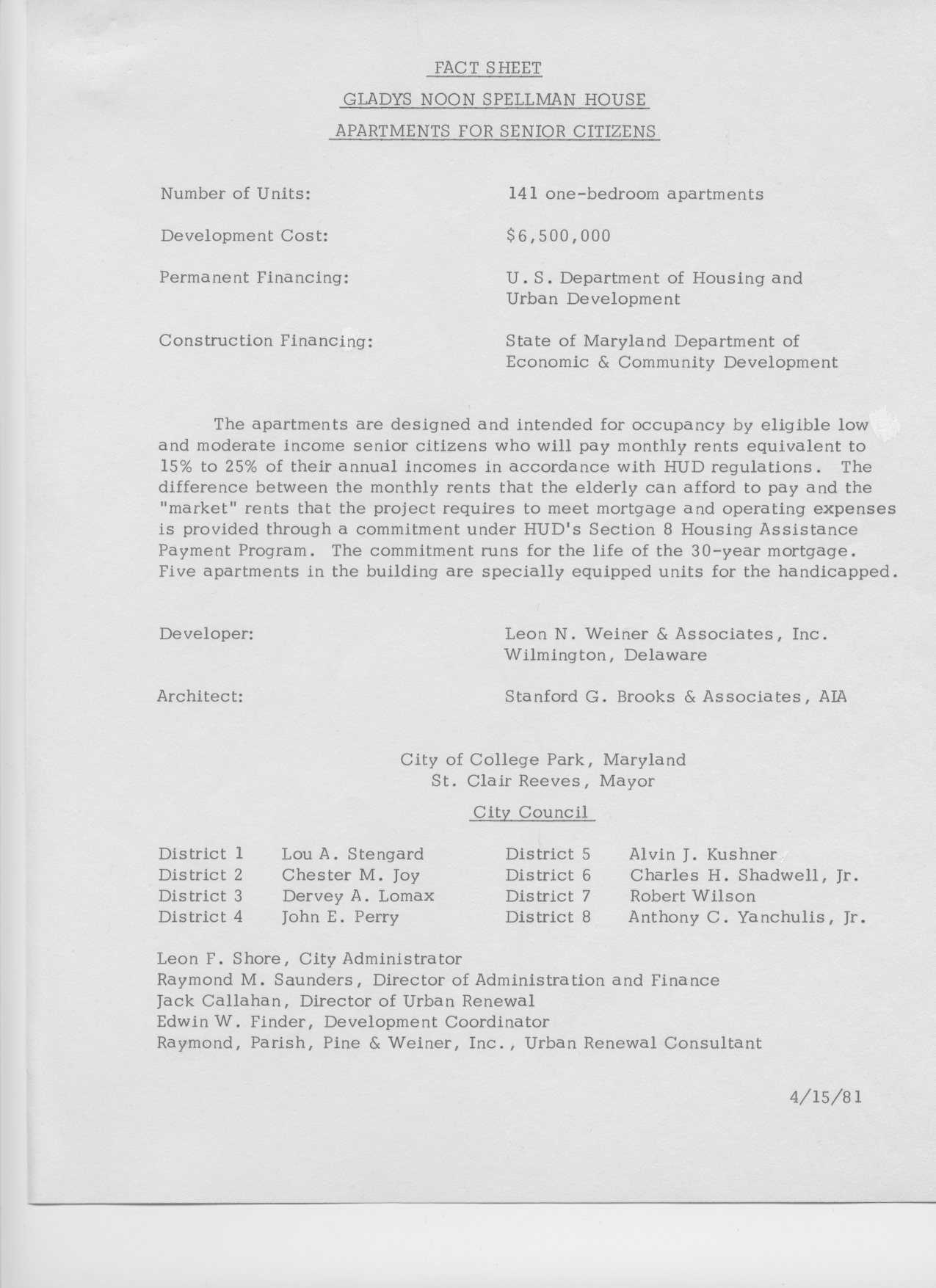
HUD financed apartment building erected as part of the urban renewal program in Lakeland. Accompanying document to Press Release on Spellman House, includes drawing/rendering.
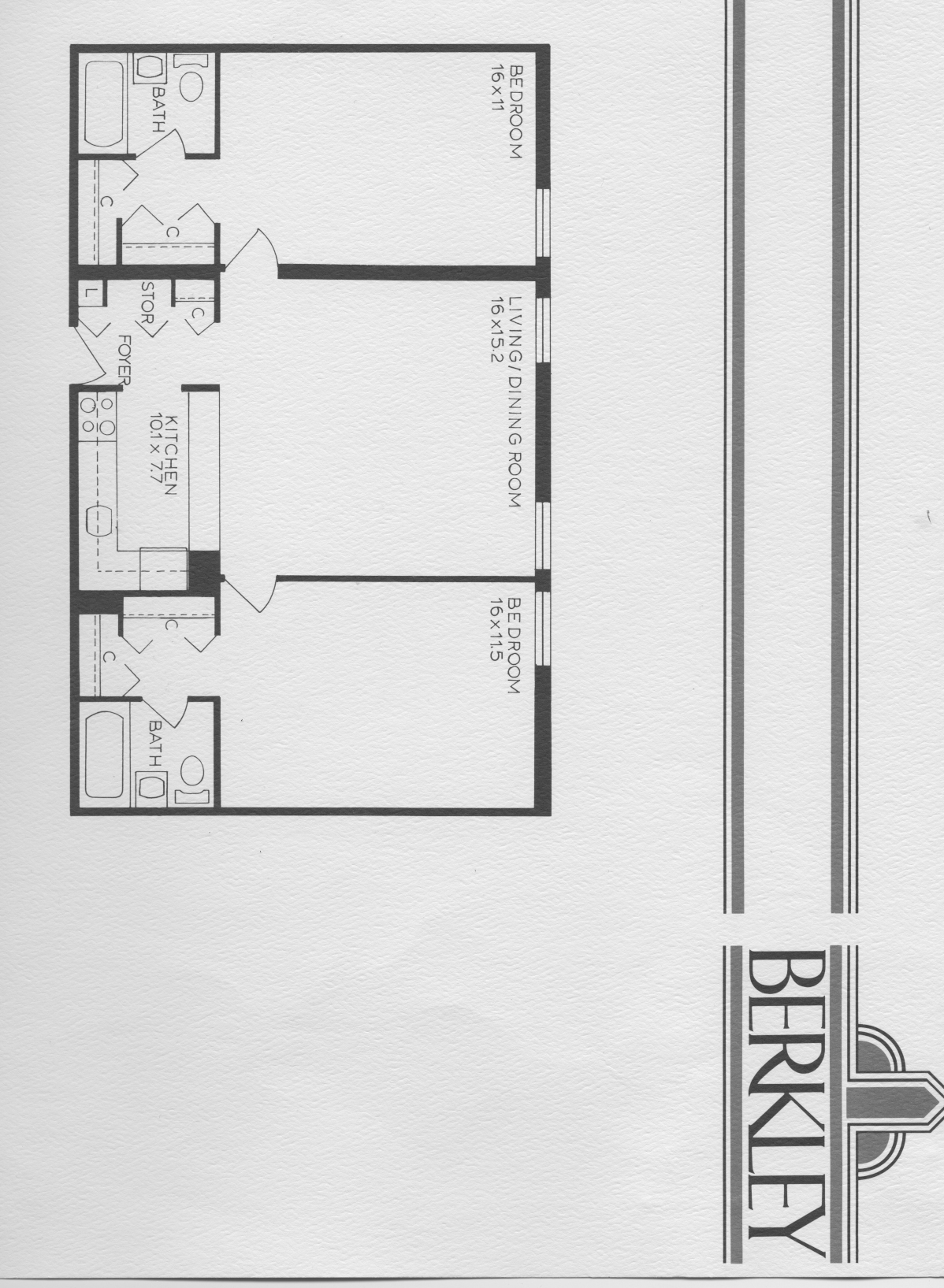
Unit diagram

Mayor Reeves
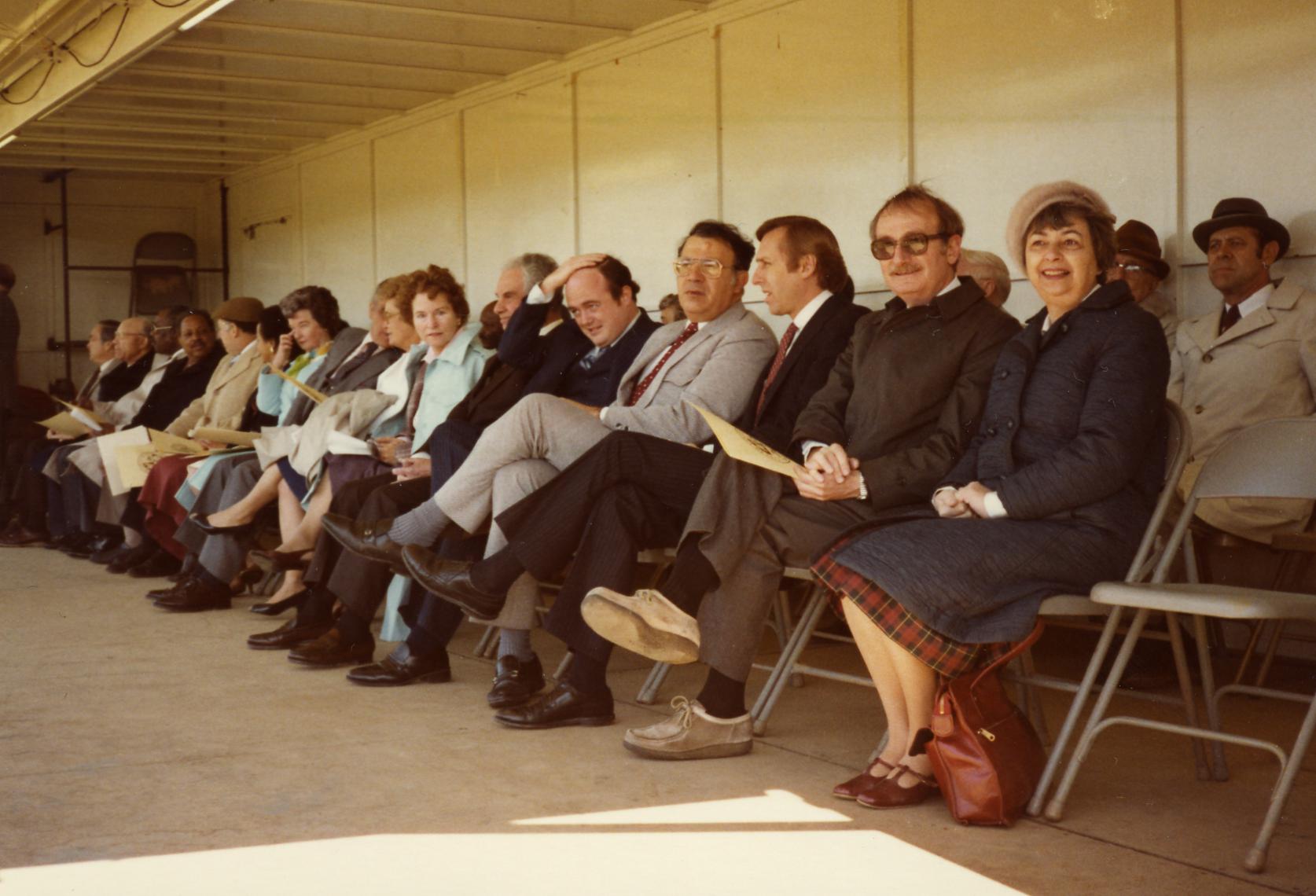
Dignitaries at groundbreaking event for Spellman House Apartments the first redevelopment project for urban renewal in Lakeland